
Practical Tips for Disclosing Your Autism
How to approach the “I’m Autistic” conversation so it goes better, and coping when it doesn’t.

How to approach the “I’m Autistic” conversation so it goes better, and coping when it doesn’t.
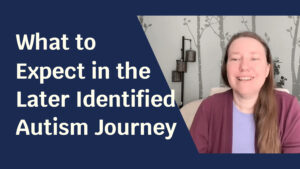
The 5 stages people predictably go through after figuring out as an adult that you’re autistic.
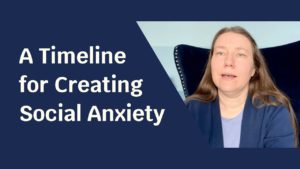
Here’s a timeline for creating social anxiety. I’m wondering if any of this resonates with you?
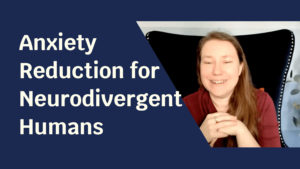
Here’s one of the most helpful reframes I’ve ever come across when dealing with my own anxiety, or helping my clients through theirs.
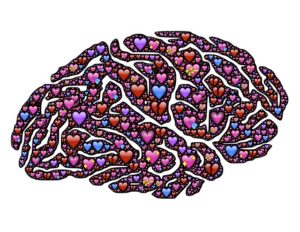
If things are getting harder, if your brain seems to have more trouble coping, if sensory issues are more intense, it can provoke lots of questions. Was I always this way or did something change?

Do you have conflicting thoughts about the idea that self-acceptance can actually work as a way to have better relationships?

I used to despair that I was always a little (or a lot) different no matter how hard I tried to fit in. Figuring out I’m autistic explained why, but created a complicated relationship with that feeling of being broken.
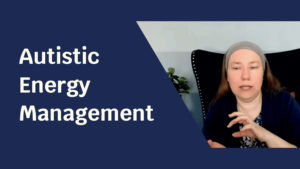
How do you make positive changes in your life when you have no energy left? In this workshop recording, I share my philosophy of the situation and lots of practical tips.
We don’t spam or sell. Promise. Unsubscribe at any time.
Read our privacy policy here.
Privacy Policy Heather’s Boundaries (T&C)
The information on this site is not intended or implied to be a substitute for psychotherapy, medical advice, diagnosis, or treatment.
© 2020-2024 Autism Chrysalis LLC.